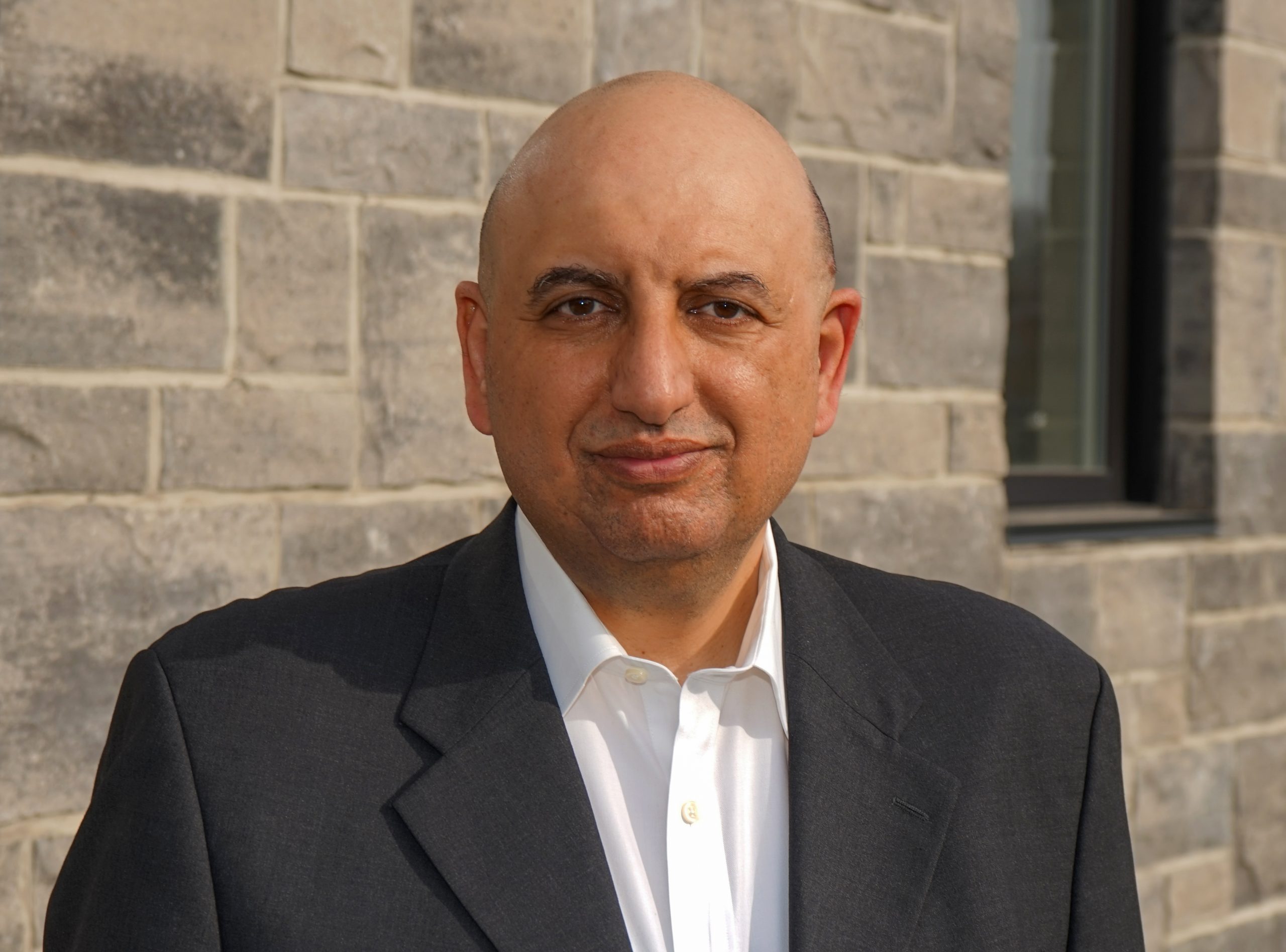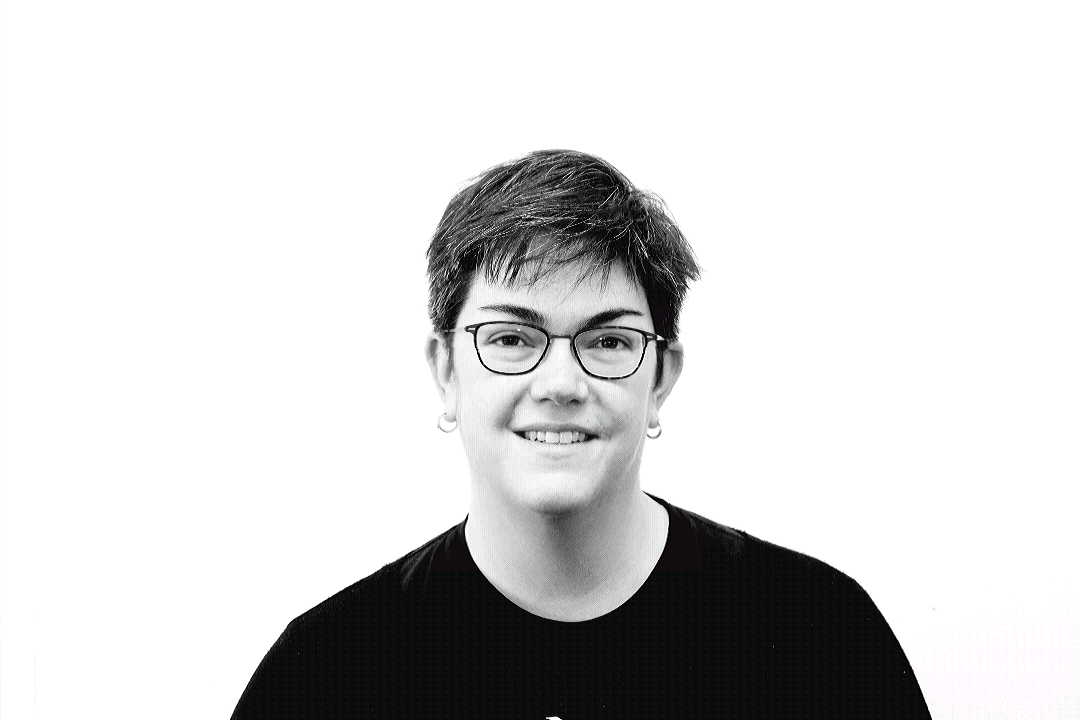How Social Prescribing Can Help Combat the Winter Blues on Canadian Campuses
January 22/2025
Experts explain the concept of social prescribing and why this non-clinical approach to health could be key to improving student wellbeing.
By Ishani Nath

Nicole D’souza
What matters to your wellbeing?
That’s the question that postdoctoral fellow Nicole D’souza asks students attending her lecture on social prescribing and mental health. The answers she hears are things like spending time with friends, family, going for a run or listening to music.
“Surprisingly, no one says things that you would find in a doctor’s office,” says D’souza, a CIHR Health Systems Impact Fellow at DLSPH.
D’souza’s question highlights the activities and connections that make a big difference for our health – aspects that our current health systems can overlook. Social prescribing aims to better incorporate these non-clinical aspects of wellbeing into healthcare. Experts say this model could be game changing for students, particularly during the winter months.
Social prescribing is where practitioners connect patients with activities, groups or programs that help address underlying causes of health issues like loneliness or isolation.

Tarek Hussein
The concept of social prescribing deeply resonated with Tarek Hussein, a PharmD for Pharmacists student at the Leslie Dan Faculty of Pharmacy. “Social prescribing serves as the connective tissue in holistic patient care. This approach seamlessly links healthcare with community resources—and that perfectly aligns with the comprehensive approach pharmacists strive to provide,” says Hussein, a member of the Canadian Social Prescribing Student Collective at U of T. The group advocates for social prescribing and educates future healthcare leaders through workshops, events, and research initiatives.
In Canada, social prescribing has not been implemented at the health systems level, but researchers are working to change that. On campuses, for instance, social prescribing would mean students who meet with healthcare staff could be referred to a “link worker,” someone who can work with them to create a plan and connect with community-based supports, like an intramural team, activist groups or craft night.
“So, it’s not a doctor telling you to go join a campus club. It’s them referring you to somebody who has time to listen, that empowers you and helps work with you to pick something that makes sense for you,” explains DLSPH Assistant Professor, Kate Mulligan, D’souza’s supervisor and the founder and Scientific Director of the Canadian Institute for Social Prescribing.
Social prescribing flips the script from “what is the matter with you” to “what matters to you” and has been shown to improve physical activity, health status and health confidence.

Prof. Kate Mulligan
“Theoretically, there are lots of supports and services on campuses and lots of other humans on campuses, so it should be a time when you’re very socially connected in life. So, the gap between what you feel like you should be doing and what your actual experience is can feel really big, and that can be really hard for people,” says Mulligan.
Three out of four post-secondary students in Canada report struggling with their mental health, according to a 2022 report from the Canadian Alliance of Student Associations. And the winter months, after the holidays and in the depths of the cold, dark days, can be particularly challenging. An estimated 15 per cent of Canadians see a shift in their mental health during the winter, according to the Canadian Mental Health Association.
“When I was a student, it felt really lonely, especially in grad school. You’re working on a project by yourself most of the time. You’re really focused on getting through that, not really reaching out to any of the networks that you may have available, not knowing the impact of that on your health and wellbeing,” says D’souza. Social prescribing offers a way to connect students with resources that could make a difference for their individual wellbeing.
This year, D’souza is conducting research across all three University of Toronto campuses, supported by a Social Sciences and Humanities Research Council (SSHRC) grant, to determine the impact social prescribing could make on university campuses. This project will be the first in Canada to bring social prescribing to a university campus. D’souza hopes that this research will help other universities across Canada implement social prescribing in the future.
Through this work, D’souza says the goal is to “see students who are on campus who are going through their post-secondary experience feel supported in their journey in ways that matter to them.”